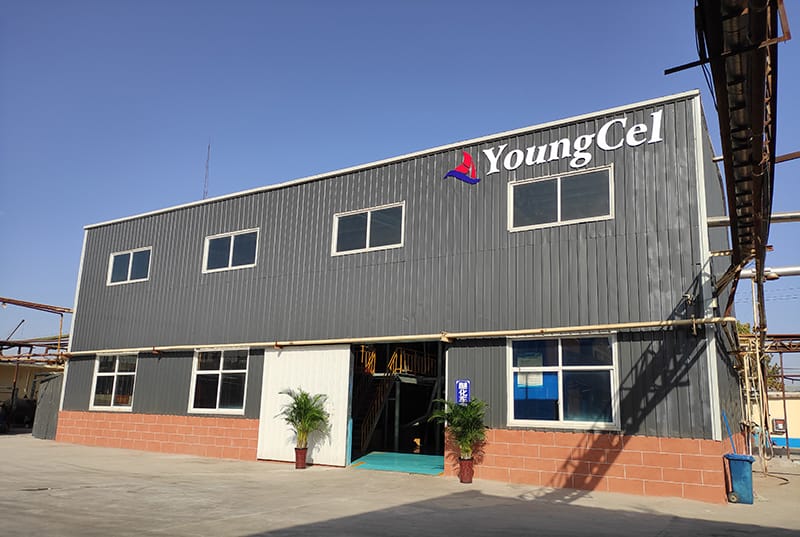The Significance of Mortar with HPMC in Modern Construction
In the ever-evolving world of construction, the choice of materials plays a crucial role in determining the longevity and durability of structures. One such material that has garnered considerable attention is mortar mixed with Hydroxypropyl Methylcellulose (HPMC). This innovative blend has revolutionized the application and performance of mortar, particularly in bricklaying and tiling applications.
Understanding HPMC
Hydroxypropyl Methylcellulose is a non-ionic cellulose ether that is widely used in various industries, including pharmaceuticals, food, and construction. It is synthesized from natural cellulose and modified to enhance its properties. HPMC is known for its thickening, binding, and film-forming abilities, making it an ideal additive for construction materials. When incorporated into mortar, it improves workability, adhesion, and water retention.
Enhanced Workability
One of the most significant advantages of using mortar with HPMC is its improved workability. The addition of HPMC helps to create a smoother and more uniform mixture, which allows for easier application and manipulation during construction. This enhanced workability is particularly beneficial for tile and masonry professionals who require precise control when laying materials. It allows them to achieve better alignment and reduces the likelihood of errors during installation.
Improved Adhesion
mortar hpmc

HPMC also plays a crucial role in enhancing the adhesion properties of mortar. The presence of HPMC in the mortar mix helps to create a stronger bond between the mortar and the substrate. This improved adhesion is vital in construction, as it ensures that tiles and bricks remain securely in place over time, reducing the risk of cracking or detachment. Furthermore, enhanced adhesion contributes to the overall structural integrity of the building, ensuring that it can withstand various environmental stresses.
Water Retention and Work Efficiency
Another noteworthy property of HPMC is its excellent water retention capability. This characteristic is particularly beneficial in preventing rapid moisture loss during the curing period of the mortar. When mortar dries too quickly, it can lead to incomplete hydration of the cement, resulting in weakened bonds and compromised strength. By incorporating HPMC, the mortar remains workable for a more extended period, allowing construction workers ample time to apply and adjust their materials without fear of premature drying. This ultimately leads to greater work efficiency and ensures superior quality in the final result.
Versatility in Applications
Mortar with HPMC is versatile and can be utilized in a wide range of applications. It is ideal for ceramic tile installations, external wall finishes, and other masonry works. Different formulations of HPMC can be used to meet specific project requirements, allowing for tailored solutions in various construction scenarios.
Conclusion
In conclusion, the integration of Hydroxypropyl Methylcellulose in mortar offers significant benefits that contribute to modern construction practices. From enhanced workability and improved adhesion to excellent water retention properties, HPMC-modified mortar is a game-changer for construction professionals. As the industry continues to seek materials that ensure durability and efficiency, the utilization of HPMC in mortar applications is likely to grow. This trend not only reflects the advancements in material science but also underscores the commitment to quality and performance in the construction sector. With HPMC, builders can achieve structures that are not only aesthetically pleasing but also built to last.
-
Premium Detergent Grade HPMC Hydroxypropyl Methylcellulose: Superior Thickening & StabilityNewsAug.31,2025
-
HEC 100000 Hydroxyethylcellulose for Paint | Superior ThickeningNewsAug.30,2025
-
Wall Putty Rdp Powder Packaging DesignNewsAug.29,2025
-
Introduction to Hpmc Hydroxypropyl Methyl CellulosNewsAug.29,2025
-
Hpmc Industri Grade IntegrationNewsAug.29,2025
-
How to Choose the Right Construction AdhesiveNewsAug.29,2025




